1. Dad Was the Undisputed Boss of the House
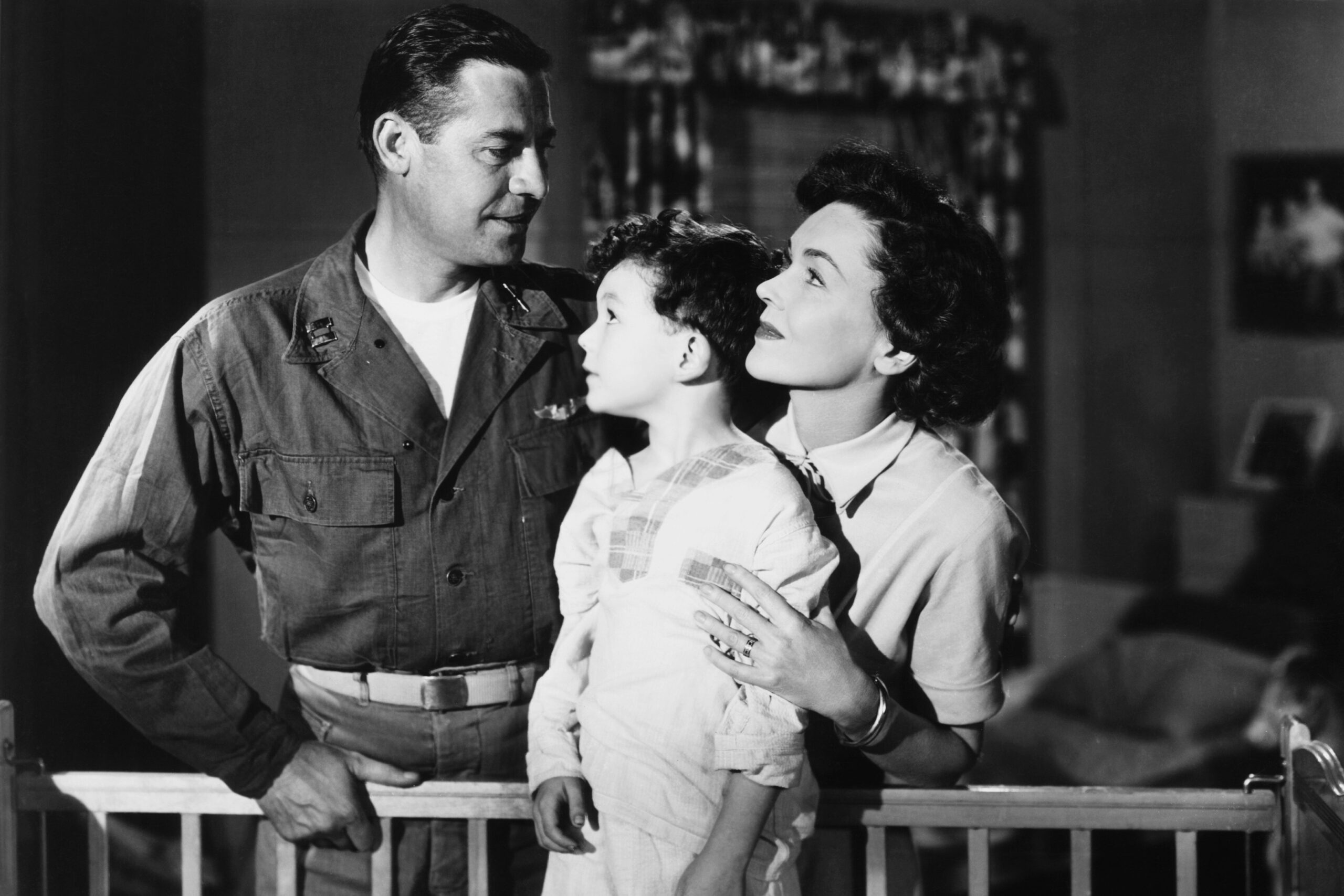
In most ’50s homes, Dad’s word was law. Whether it was deciding what car to buy or what time the family ate dinner, his authority went unquestioned. Kids knew not to interrupt him when he was reading the paper, and heaven forbid anyone touched the thermostat without his say-so. Even if he wasn’t home much—working long hours to support the family—his presence loomed large shares the Washington Examiner.
It wasn’t just about power, though. There was a quiet expectation that fathers set the moral tone for the house. His approval was something everyone wanted, and disappointment from Dad hit harder than any punishment. It was a role built on respect, fear, and a whole lot of silence during the evening news says MSN.
2. Mom Ran the Home Like a CEO—Without the Title
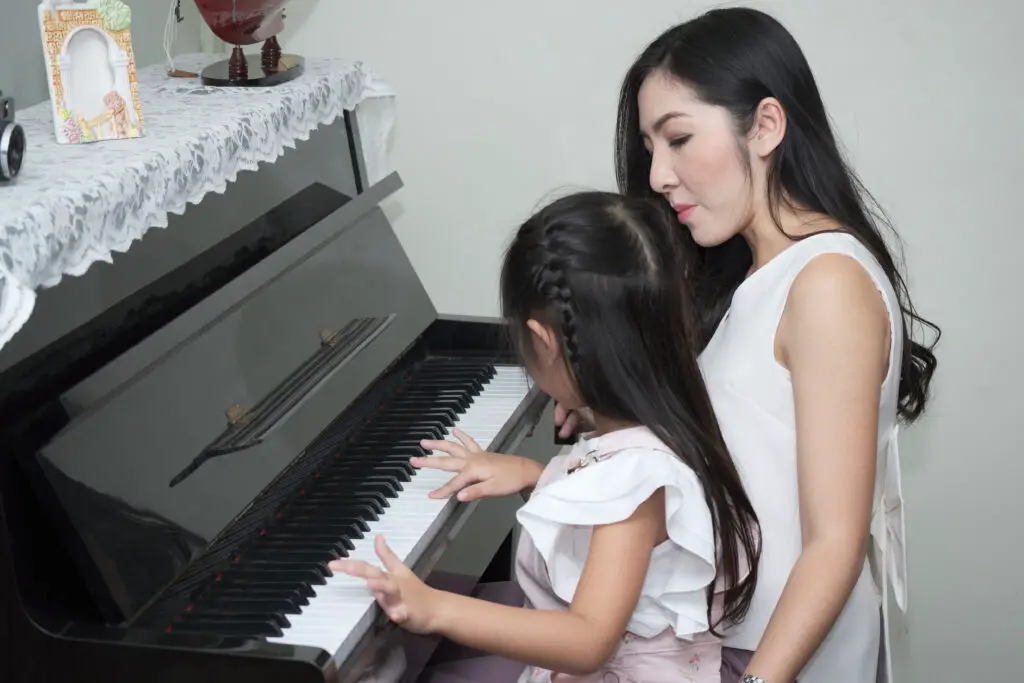
She may not have had a corner office, but Mom was the behind-the-scenes manager who kept the whole operation running. From packing lunches to knowing when everyone needed a new pair of socks, she handled the countless little details no one else even noticed. She didn’t need a planner—she had it all in her head says ReMIND Magazine.
But for all the responsibility, she rarely got the recognition. The house didn’t run unless she did, yet her work was considered just “what moms do.” She was expected to smile, stay patient, and never complain—even when she hadn’t sat down all day. That unspoken hierarchy put her just below Dad, even though she was often working just as hard, if not harder shares the Washington Post.
3. The Oldest Child Was the Deputy Parent

Being the oldest meant more than just getting to stay up later. You were expected to help with chores, set an example, and—most of all—keep your siblings in line. If something went wrong while the parents were out, the blame landed squarely on your shoulders.
It wasn’t all bad, though. You sometimes got little perks, like picking what show the family watched or choosing the best seat in the car. But the pressure to always “know better” made childhood feel a little shorter. That invisible badge of responsibility didn’t come off just because you wanted to go play outside.
4. Boys Were Treated Like Future Breadwinners
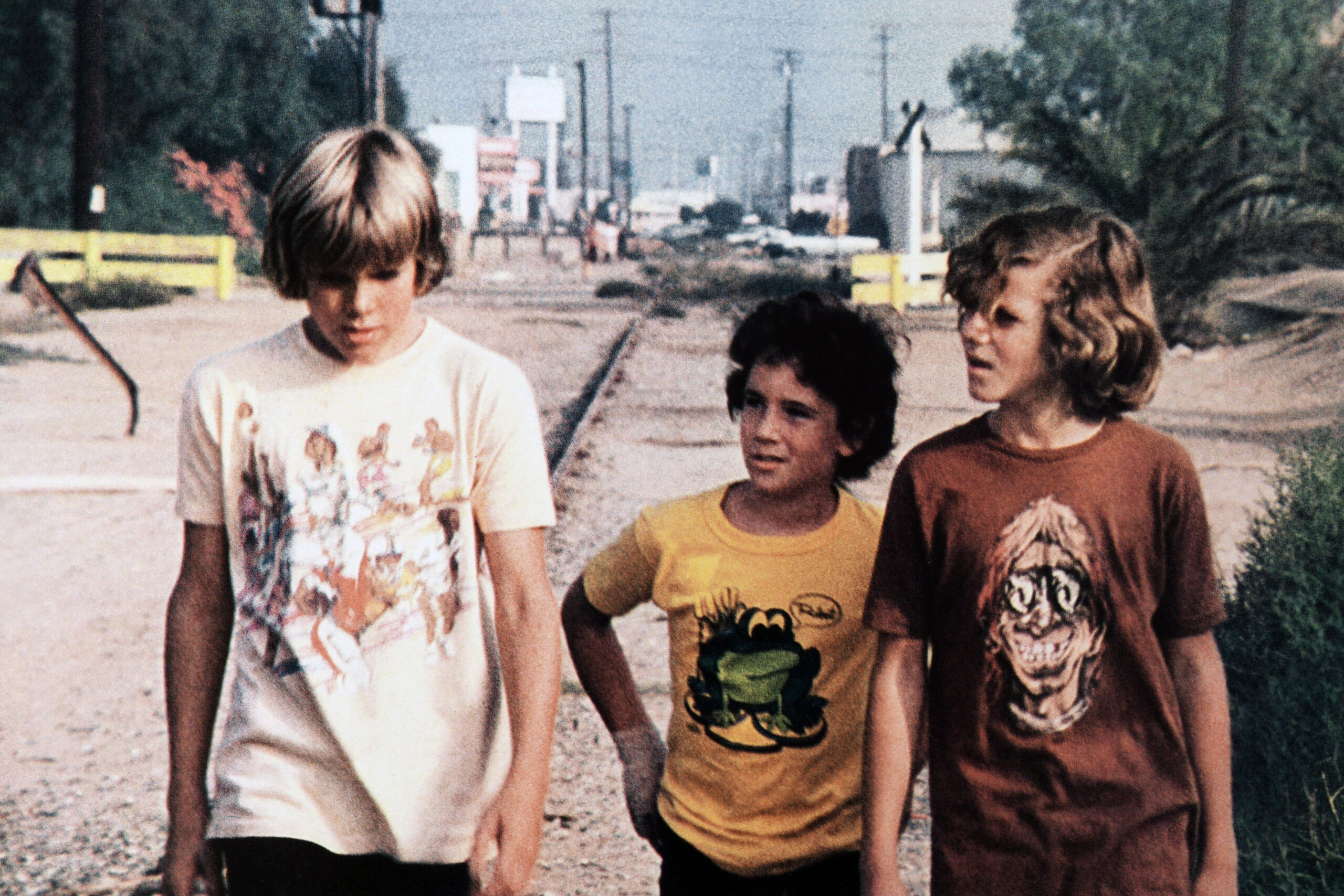
From a young age, boys were told—often without words—that their job was to grow up, get a good job, and support a family. They were given more freedom and more encouragement to be adventurous. If a boy scraped his knee, he was expected to tough it out. Crying was not part of the script.
This gave them a sense of importance but also a lot of pressure. Success wasn’t optional; it was expected. And if they struggled in school or didn’t show leadership qualities, there was quiet worry behind closed doors. Their role was clear, even if no one said it out loud.
5. Girls Were Groomed for Homemaking Early
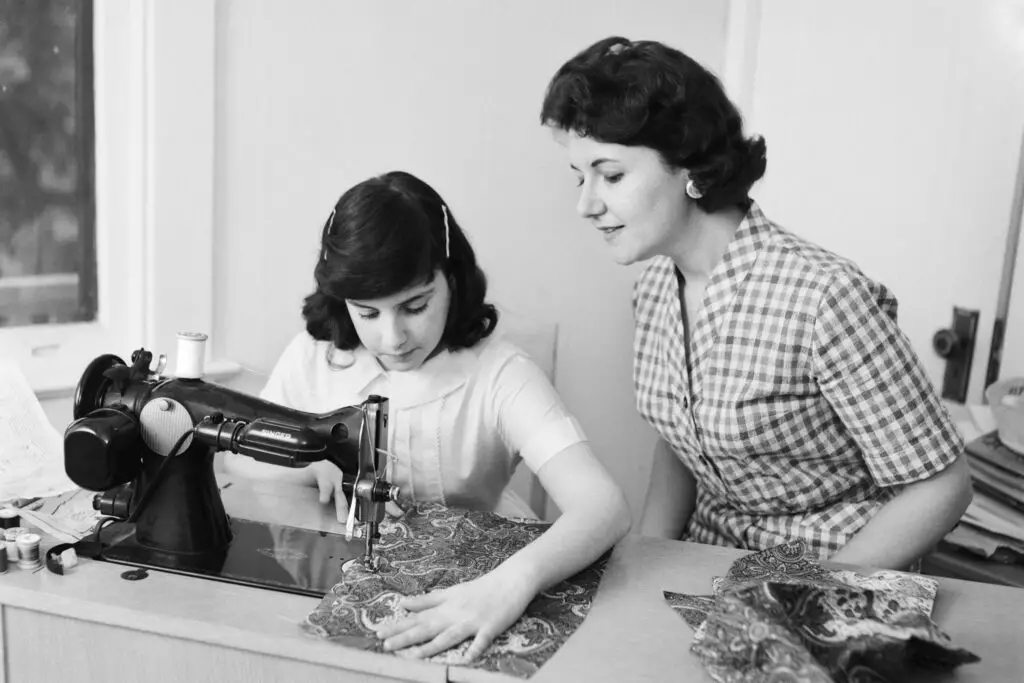
While boys were pushed toward independence, girls were subtly (and not-so-subtly) trained to be caretakers. They played with dolls, helped their moms in the kitchen, and were told to smile more often. Compliments usually centered around their appearance or how “ladylike” they were.
Even if a girl had dreams of being a doctor or astronaut, those were considered hobbies, not real ambitions. The hierarchy said a girl’s job was to prepare for marriage and motherhood. And if she pushed too hard against that, people called her difficult or “unfeminine.” It was a narrow lane, and stepping out of it came with judgment.
6. Grandparents Held Quiet Power
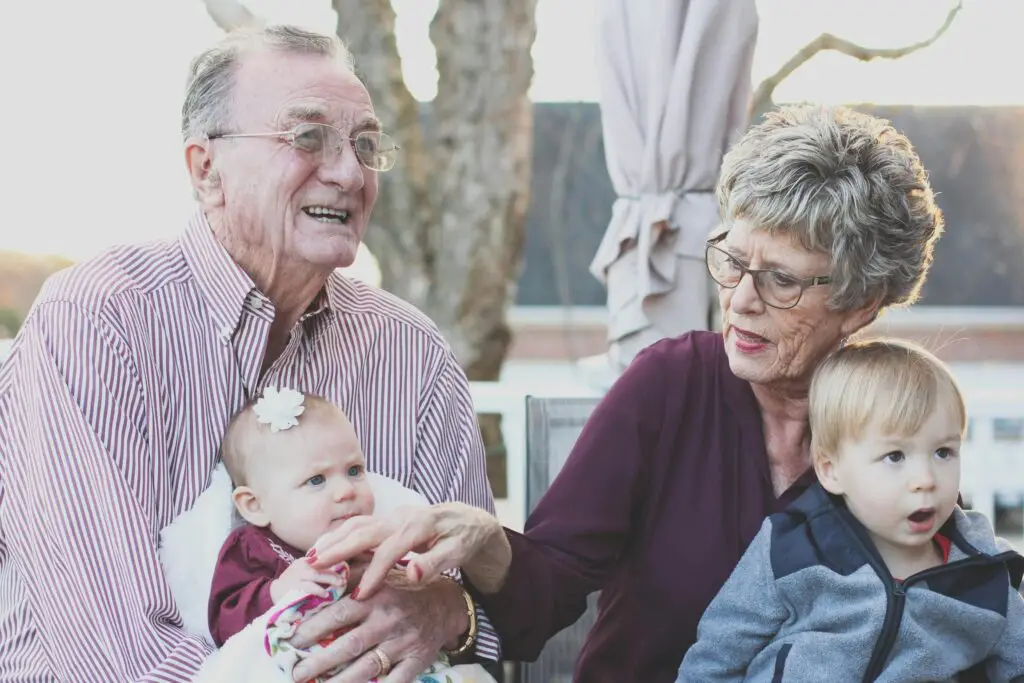
They didn’t always live in the house, but when grandparents came around, their influence was obvious. Everyone acted a little more proper, a little more respectful. They were the keepers of family stories and traditions—and sometimes, the family secrets too.
Their opinions mattered, even if they weren’t said directly. If Grandpa didn’t approve of something, people took note. And Grandma often had her own way of influencing things through little comments or looks. They weren’t in charge day-to-day, but they could still shift the mood of a whole room with one sigh.
7. Middle Children Were Expected to Stay Out of the Way
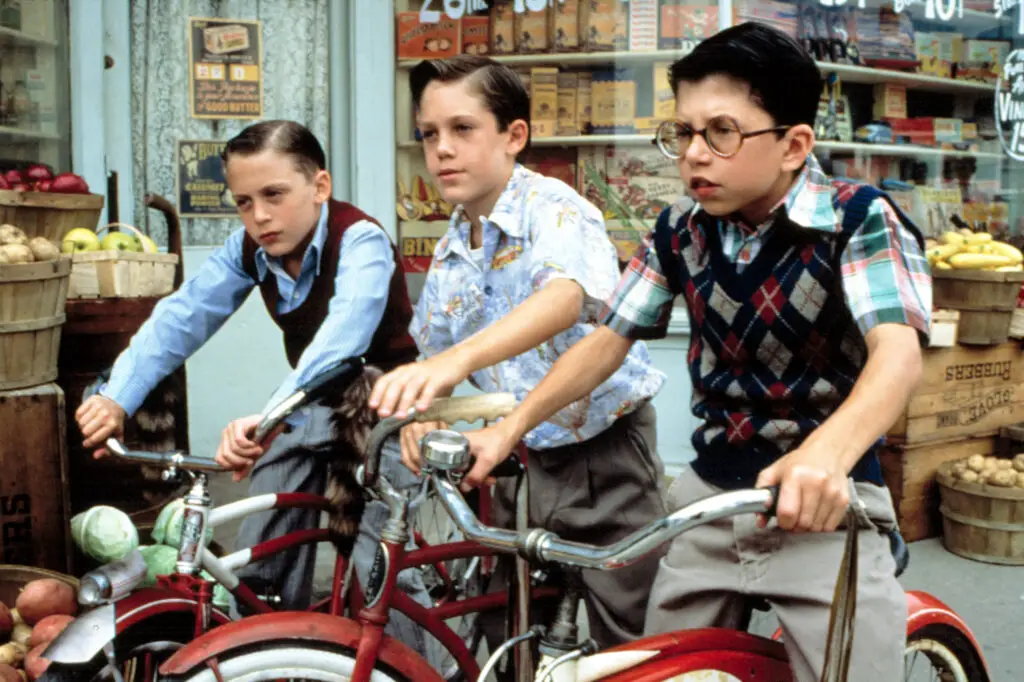
If you were in the middle, you learned how to adapt fast. You weren’t the trailblazer like the oldest, and you weren’t the precious baby. Your job was to go with the flow, not cause too much trouble, and help keep the peace.
You became a natural diplomat, even if no one noticed. Sometimes it felt like you were invisible, and other times, you liked the freedom that came with being under the radar. Still, the unspoken rule was clear: don’t rock the boat. That balance could be lonely, even if it made you resilient.
8. The Baby of the Family Got a Free Pass

Youngest kids had a special place in the family pecking order. They were usually the most doted on, the most forgiven, and the least responsible. If they broke something, someone else probably cleaned it up. They got to ride the wave of relaxed rules.
But that role came with its own weird pressure. Everyone expected you to be cute, fun, and maybe even a little helpless. And as you got older, breaking out of that role could be tricky. People still saw you as the baby, long after you stopped acting like one.
9. Unmarried Aunts or Uncles Were Treated Like Background Characters
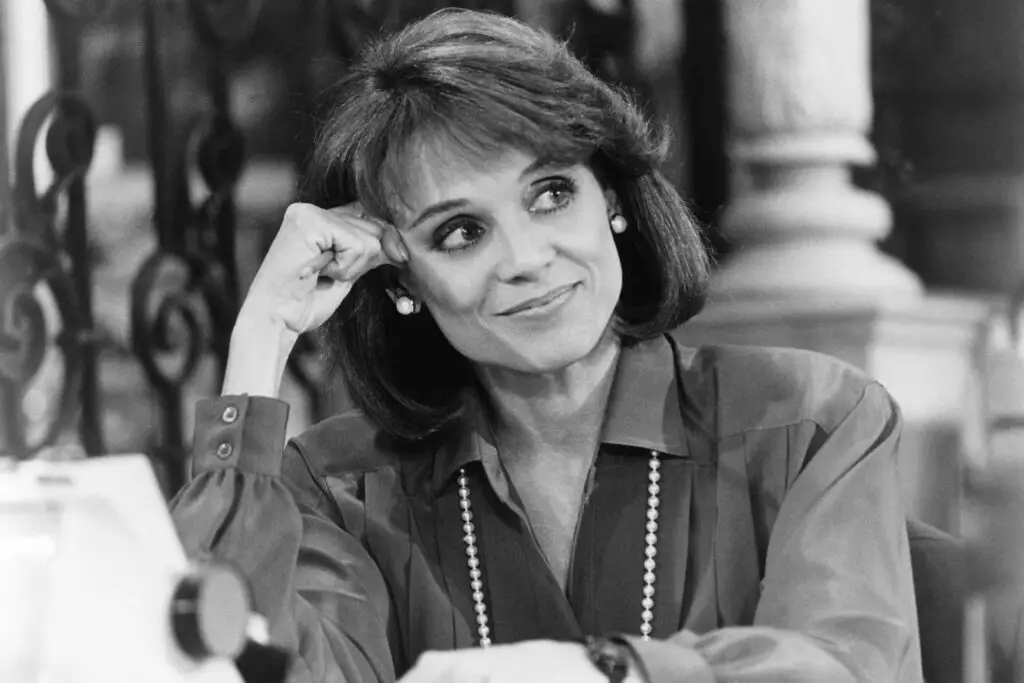
Every family had at least one unmarried aunt or uncle who showed up at holidays with stories from “the city” or tales of their travels. They were often fun, quirky, and independent—but still not seen as fully part of the adult club. Their lifestyle didn’t fit the mold, so people didn’t quite know what to do with them.
They were loved, sure, but there was an unspoken sense of pity. No spouse? No kids? Must be lonely. It wasn’t said out loud, but it hung in the air. These relatives often had deep relationships with the kids, offering a different kind of wisdom that didn’t come from parenting.
10. Kids Were Expected to Be Seen, Not Heard

Dinner conversations were for adults, and kids were expected to eat quietly unless spoken to. Opinions? Keep those to yourself. Questions? Save them for later. This unspoken rule taught a kind of quiet discipline early on.
It wasn’t always fair, but it was consistent. You learned how to read a room fast and when it was safe to speak up. And while it could feel stifling, it also created a sense of structure and respect—for better or worse. Childhood was about watching, listening, and waiting your turn.
11. Church Leaders Ranked Higher Than Some Relatives
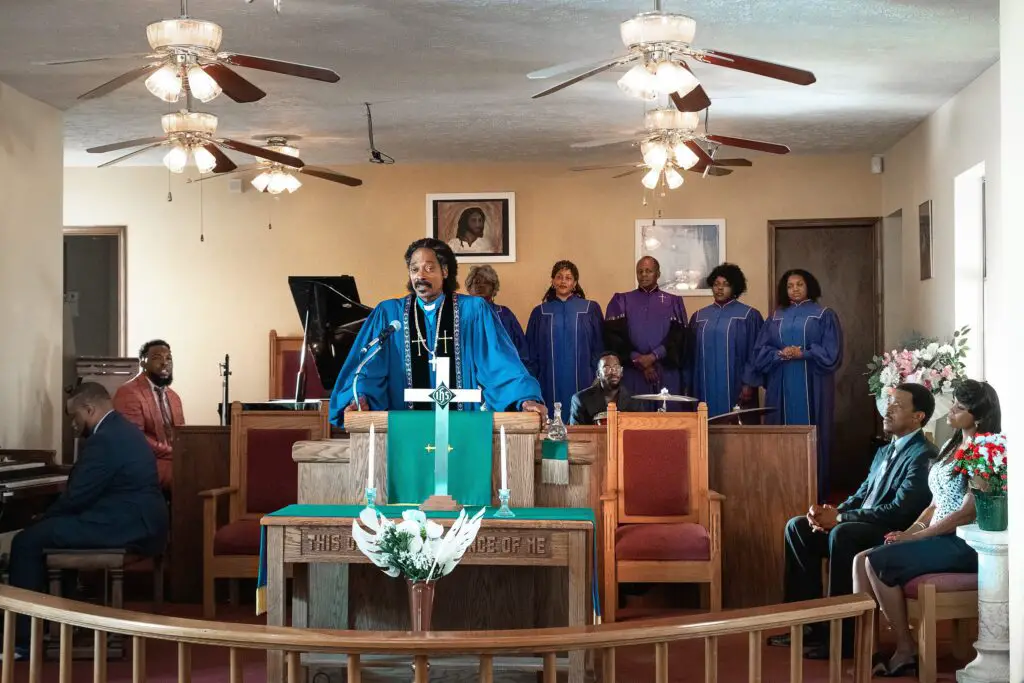
For many families, the pastor or priest had more sway than a cousin or even an uncle. Their opinion carried spiritual weight, and their approval meant a lot. If they said something was wrong, that was the end of the discussion. No debate.
Families arranged their lives around church events, and the leaders were seen as moral compasses. Kids were taught to respect them almost like an extra parent. Their words could shape discipline, choices, even family dynamics. And though they weren’t under the same roof, they felt close enough to be.
12. The Family Name Came Before Personal Wants
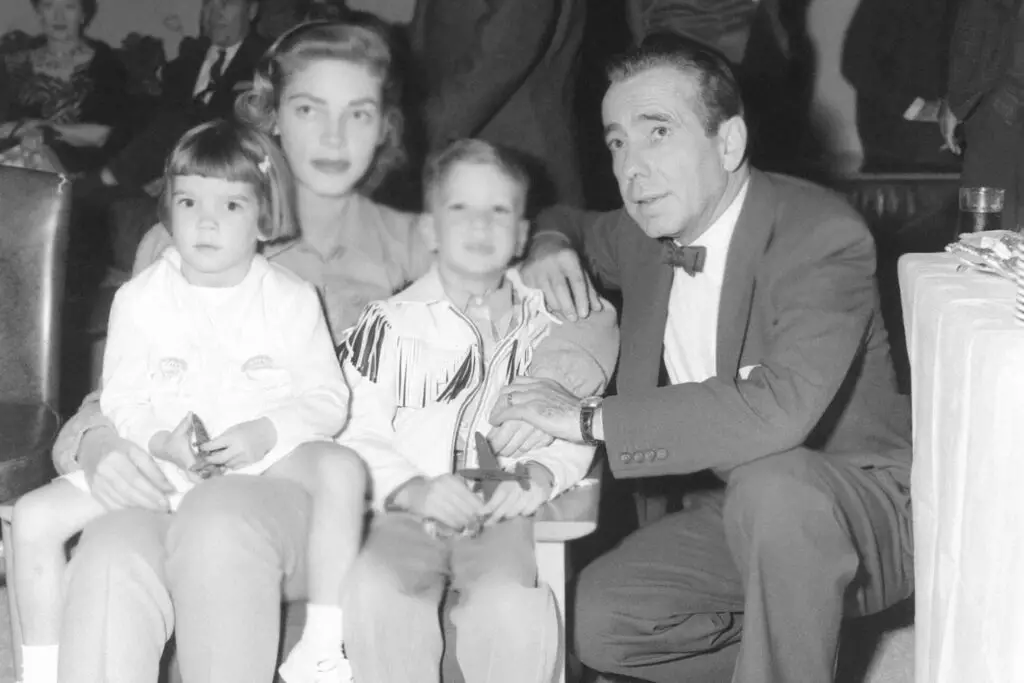
There was a deep pride in your last name, and everything you did reflected on it. If you messed up, it wasn’t just you who looked bad—it was the whole family. That idea kept a lot of people in line, especially teens.
You might have had dreams that didn’t fit the family image, but going against the grain was a big deal. Reputation mattered, even if it meant sacrificing what you really wanted. The hierarchy of the family name hovered over every decision, shaping the future in small but powerful ways. It wasn’t always fair, but it was the rule.
